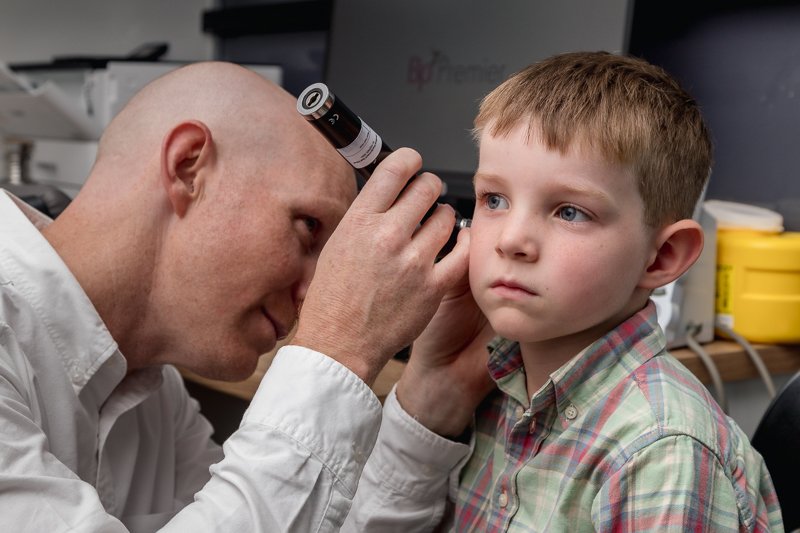The COVID-19 Strains Explained
Delta, Gamma, Beta, Mu? Many of us have learnt a great deal more about the Greek alphabet since the virus that causes COVID-19 began mutating. Here’s what’s going on.
Why are new COVID-19 variants appearing?
It’s quite normal for viruses to mutate. If you’re in the habit of getting your flu jab every year, you might know that the vaccine recipe changes each year depending on which strain of influenza virus is circulating.
COVID-19 is behaving in a similar way. That’s not a surprise to the scientific community: it’s exactly what we expected.
The virus seeks to dodge your immune system, make more copies of itself and infect other people. Mutations are the virus’s way of trying to improve itself, testing out new characteristics to see if they give it more of an edge. Sometimes they do, sometimes they don’t.
Most changes make little impact but, sometimes, we’ll notice mutations that mean a virus is spreading more easily, causing more severe disease or making treatment less effective.
COVID-19 variants
Virus variants each have a scientific name consisting of a sequence of letters and numbers. That’s highly accurate and useful for the scientific community but can easily confuse non-specialists.
Using country names to identify a new COVID strain is problematic because it’s possible for more than one variant to originate from the same country and it may cause negative attitudes towards certain nationalities.
As a result, the World Health Organization (WHO) has decided to use the letters of the Greek alphabet to categorise key new strains of COVID.
COVID-19 variants of concern
At present, the WHO lists 4 COVID-19 variants of concern. These are virus mutations that have global public health significance because they:
Make the virus easier to transmit, or
Cause more severe illness, or
Reduce the effectiveness of public health measures including vaccines or treatments.
The current variants of concern are:
Alpha – originated in the UK, designated as a variant of concern in December 2020
Beta – originated in South Africa, designated as a variant of concern in December 2020
Gamma – originated in Brazil, designated as a variant of concern in January 2021
Delta – originated in India, designated as a variant of concern in May 2021.
The WHO keeps an eye on other COVID-19 variants, which are not yet of concern. There are now 5 variants of interest (Eta, Iota, Kappa, Lambda and Mu) and another 11 new strains of COVID that the WHO is alert to for further monitoring.
The Delta variant
The variant we’re most concerned about in Australia is Delta. This is the variant that has caused prolonged lockdowns in Sydney, Melbourne and Canberra and which was behind Queensland’s Indooroopilly cluster in August.
Delta is a variant of concern because it is more easily transmitted from one person to another. It’s the most contagious form of COVID so far.
Delta is different to the previous strains of COVID-19. So far, we’ve found that Delta:
Is much more infectious
○ Delta causes around double the number of COVID cases compared to the original virus
○ People infected with Delta have a much higher viral load making it easier to spread the virus
○ The WHO calls Delta the ‘fastest and fittest variant’.
Causes milder symptoms
○ Fewer people lose their sense of smell
○ More reports of mild symptoms like headache, runny nose, sore throat and fever
Infects children as well as adults – though the vast majority of children with Delta experience only mild symptoms.
Do COVID-19 vaccines protect against Delta?
Yes! The COVID-19 vaccines still provide a high level of protection against the Delta strain.
We know this from both published studies and local experience.
Britain’s Imperial College conducted the REACT-1 study in July 2021, involving over 100,000 people during that country’s Delta wave. The study found that unvaccinated people were three times more likely to catch COVID than people who had been fully vaccinated.
As for local experience, Sydney’s battle with Delta underscores the value of vaccination. For locally acquired cases since March 2021:
Vaccination works. As those stats show, you’re much less likely to catch COVID if you’re vaccinated. But, if you do experience a breakthrough infection (meaning you get COVID even though you’re vaccinated), you’re less likely to become seriously unwell.
NSW Health data shows that 87% of intensive care patients are not vaccinated or their vaccination status is unknown. No fully vaccinated people are in intensive care.
What can you do?
We strongly encourage you to protect yourself against COVID-19, including the Delta strain, by getting vaccinated.
We have a golden window of opportunity to vaccinate Queenslanders now, building up our state’s immunity before the virus crosses the border – which it is bound to do at some point.
Book your COVID-19 vaccination now.
Disclaimer
All information is general in nature. Patients should consider their own personal circumstances and seek a second opinion.






